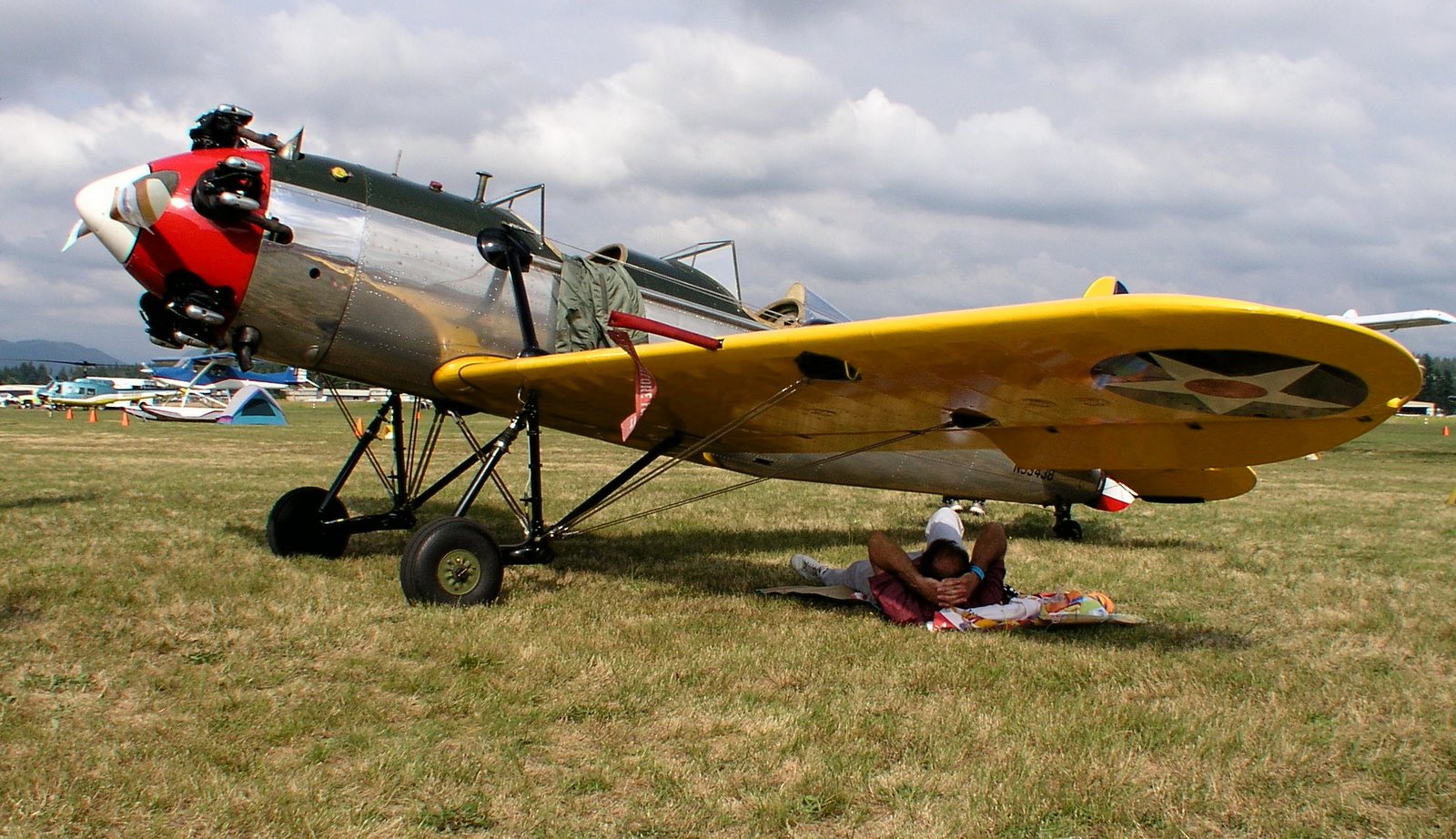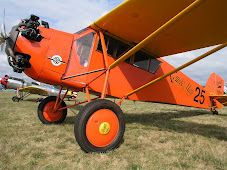
When the rains start lashing the Serengeti plains it signals the return of the Central African rainy season. With no flying to do a pilot travels from her home in Africa to request my services for a Flight Review. I was pleased to see this person once more as I am in awe of her skill and daring working as a professional pilot in a part of the world that has mystery, intrigue, abysmal airports, limited flight aids, possibly unhappy natives, and many dangers lurking in the grass. This time her spirits, so bright and high in the past, seemed dim- almost as if she was suffering from a malaise. I knew she was flying a Cessna Caravan in a very exciting area of Africa and doing a great job for her company, yet as we started on the ground portion of the review she seemed hesitant as if she doubted her abilities. I always give a little test that is based upon the level of the pilot’s certificates and ratings and as usual she aced it. Since she hadn’t flown the G1000 system in a year or so, we went into one of our FTD’s to get her G1000 skills up to speed. Little by little the spirit I had known started to reappear and that afternoon she accomplished the flight portion with professional aplomb.
After the review I noticed in her logbook that she had had some training in the previous year from a well known nation-wide flight school. She grimaced, acknowledging the training and then told me the story. A prospective employer had offered her a better job if she had a US multi-engine ATP. While she had thousands of hours flying single engine recip’s and turbo props, she had less than 30 hours in twins spread over a two-year period and all based upon a foreign multi-engine rating. So, trusting the ads in the aviation magazines and comments on the web she flew to the states to get her multi-engine ATP at this well-known organization.
The flight school and the CFI assigned to her could see no problem with her obtaining a multi-engine ATP in just 5 hours with her very modest experience, even if it was in a different make and model twin and all of that flying in VMC conditions. It came down to the color of her money.
The CFI seldom acknowledged her presence when she came to the school each morning and his daily pronouncements that he was counting time until the regional carriers hired didn’t help. He didn’t seem to care if she understood the aircraft systems nor was the guidance given particularly helpful if it was about time for lunch. Through this all the ATP PTS was discussed for about 10 minutes in total. On check ride day the staff DPE seemed in a hurry and seemed to have an attitude that he didn't wish to be there. The oral section went into areas different from the tasks she had been advised to prepare; but a smart gal she kept that part of the evaluation together. The flight portion of the evaluation went badly almost from the get go. Clutching her pink slip she came back in two days for more training (same looser CFI) and took another check ride gaining another pink slip. Emotionally devastated and thousands of dollars lost, she returned to Africa and a year later was sitting across the table from me telling the story.
I asked her if she wanted to still get an ATP. Yes, she did, but she couldn’t afford to do it in a multi. Ok, why not get a single-engine ATP now and get the multi-engine add-on at a later date? She became very cautions and asked, “Do you really think I can fly to those standards?” Knowing her excellent work over the last six years I replied to the affirmative and we began to train the next day. With one day’s study she retook and passed Her ATP written with a 94%. For the next five days each morning was a session in a G1000 FTD or ground discussions on the ATP PTS; each afternoon-rain, wind, or shine we flew numerous approaches at the local airports. This Saturday we flew to Bellingham (KBLI) and the bright and positive applicant was presented to DPE Rick Luke (aka Officer Luke, Bellingham PD-Retired) for the ATP check. Needless to say, she passed with the professional skill that is part of her character and exemplary stick and rudder ability.
The road to the airlines or corporate world in one many a CFI has walked, and granted it is seldom lucrative or without ruts. But the student still should expect our best and nothing less. What ever we teach, what ever we say will stay with that student-sometimes forever. Right or wrong it becomes part of the how they fly and can become the key to their success or failure at a critical moment.
Good instructors are not found by counting the ripped shirt tails on a wall proclaiming a successful solo or official looking plaques behind his/her desk; nor is the one with the cheapest rates or the most flight time in heavy equipment the best choice. Being a good CFI is more than skill at maneuvering an airplane or knowledge of all the endorsements required in an applicant’s logbook. To me, it is an attitude and keenness to stress the fundamentals when one is learning at the early stages and then continuing to require that you the student, no matter your ratings or accumulated flight time not only measure up to-but EXCEED-the bar for what ever level certificate or rating you quest. Being a good CFI also requires understanding and a bit of psychology giving praise when things go well but straightforward counseling when needed. How this is accomplished is by wearing many hats during the training and anything less is a disservice to the student and to your CFI certificate. Your comments?


No comments:
Post a Comment